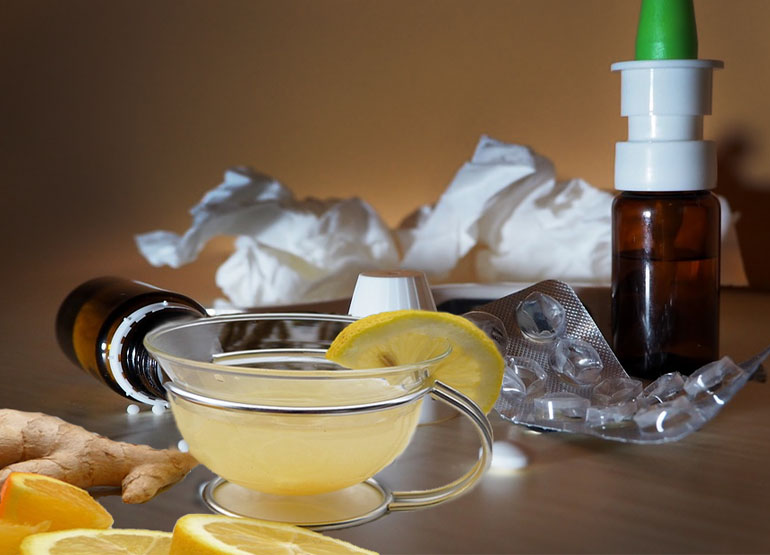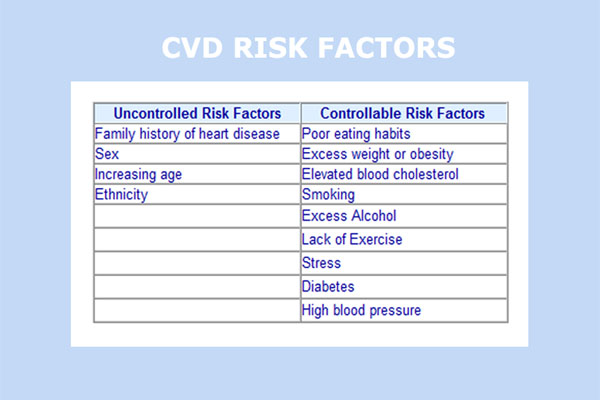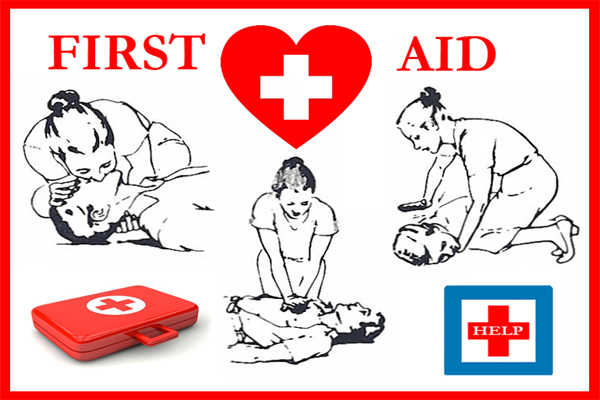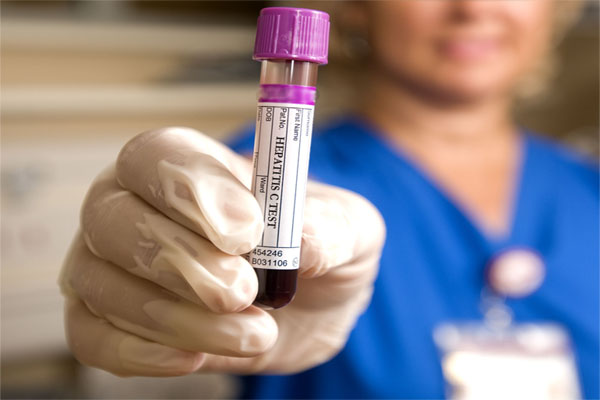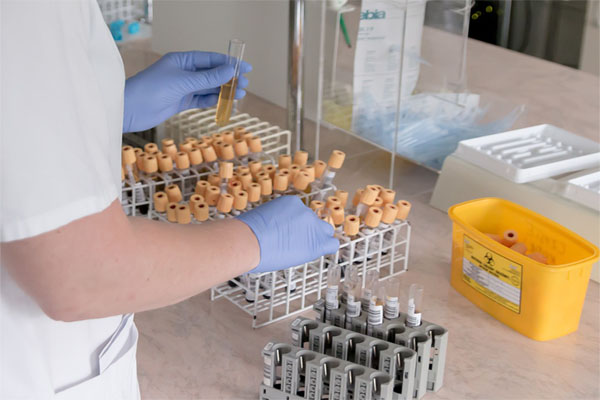Health Pages
SARS
SARS (Severe Acute Respiratory Syndrome)
SARS stands for Severe Acute Respiratory Syndrome and it is a viral respiratory illness (a severe form of pneumonia, accompanied by a fever) caused by a corona virus, called SARS virus (SARS-CoV).
A small number of people with SARS can become severely ill. It is believed the illness is spread from coughing and sneezing or from direct face-to-face contact with a person who has SARS. Race or ethnic background are not factors in the development or spread of SARS.
Severe Acute Respiratory Syndrome was first reported in Asia in February 2003. Over the next few months, the illness spread to more than two dozen countries in North America, South America, Europe, and Asia before the SARS global outbreak of 2003 was contained. The World Health Organization (WHO) declared severe acute respiratory syndrome contained on 9 July 2003, but four more SARS cases were reported in China between December 2003 and January 2004. No cases of SARS have been reported worldwide since 2004.
SARS VIRUS - On April 16 2003, following the outbreak of severe acute respiratory syndrome in Asia and secondary cases elsewhere in the world, the World Health Organization issued a press release stating that the corona virus identified by a number of laboratories was the official cause of SARS. The virus was officially named the SARS virus.
SARS Symptoms
The symptoms of SARS usually begin within ten days after direct contact with a SARS patient. They include a fever of more than 38° celsius or 100.4° fahrenheit and any of the following:
 Muscle aches and pains
Muscle aches and pains
 Severe fatigue
Severe fatigue
 Lethargy
Lethargy
 Dry cough
Dry cough
 A severe headache
A severe headache
 Shortness of breath and/or pneumonia
Shortness of breath and/or pneumonia
Prevention & Treatment
Since there is no vaccine or medication for SARS, the isolation and quarantine remain the most effective means to prevent the spread of SARS.
Other preventative measures include:
 Handwashing
Handwashing
 Wearing a mask
Wearing a mask
 Avoiding contact with bodily fluids (wearing glowes and isolation gowns)
Avoiding contact with bodily fluids (wearing glowes and isolation gowns)
 Disinfection of surfaces
Disinfection of surfaces
 Isolation of people who are infected (like keeping people with symptoms home from work or school)
Isolation of people who are infected (like keeping people with symptoms home from work or school)
 Washing the personal items in hot, soapy water (bedding, towels, dishes, eating utensils, etc.)
Washing the personal items in hot, soapy water (bedding, towels, dishes, eating utensils, etc.)
 Practicing other simple hygienic measures
Practicing other simple hygienic measures
RomWell Health Pages - Disclaimer
Our pages are created to provide medically accurate information that is intended to complement, not replace or substitute in any way the services of your physician. Any application of the recommendations set forth in the following pages is at the reader's discretion and sole risk. Before undergoing medical treatment, you should consult with your doctor, who can best assess your individual needs, symptoms and treatment.Browse Health Pages
It doesn't take much to start living healthier life...

